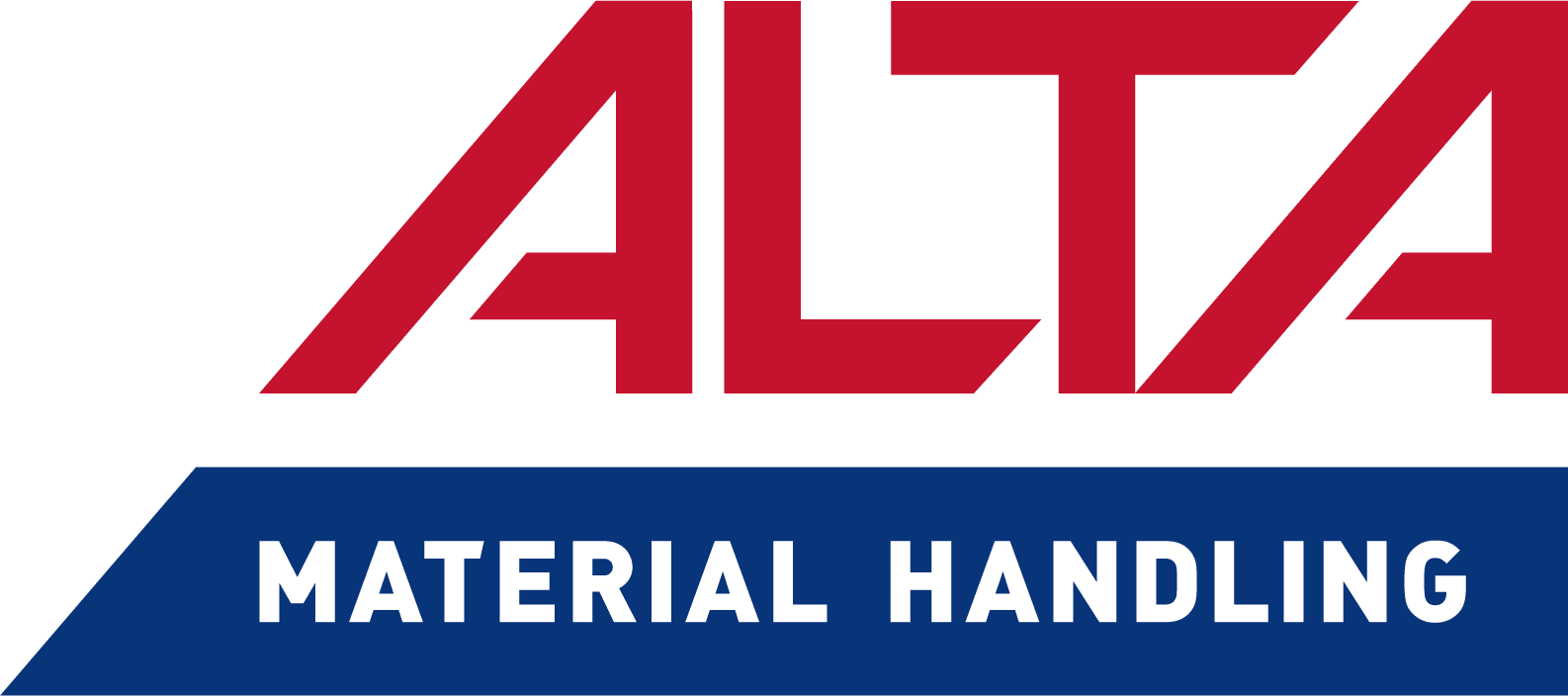When we started looking at how the changes to the tax code, aka, the Tax Cuts and Jobs Act of 2017 will affect our business, we quickly realized the impact it will have on our clients, too.
And when we were able to convince 30-year veteran of public accounting, Frank Warren Jr., principal of the accounting firm Harris, Hardy, & Johnstone, to give us time to talk about these changes, we knew we couldn’t keep his advice to ourselves.
As a member of the American Institute of Certified Public Accountants and Virginia’s Society of Certified Public Accountants, Frank has experience working in a wide variety of industries, including professional service firms, not-for-profit entities, real estate, wholesale and retail, manufacturing, and construction.
Here’s a summary of our recent conversation with Frank, which highlights some of the most important changes that the new tax codes will bring not just to our industry, but to businesses in general.
 Capital expenses haven’t changed under the new tax law – but there are big changes in depreciation.
Capital expenses haven’t changed under the new tax law – but there are big changes in depreciation.
There really are no changes in how the new tax law treats capital expenses or investments in equipment like conveyors, forklifts, racking, CNC machines, or automation.
The question, however, comes down to how you depreciate those expenses. So, even before the new tax law came into effect, there was a provision called Section 179 Depreciation. In years past, this allowed you to expense up to $500,000 as acquired fixed assets. Under the new tax law, that $500,000 has been doubled. So now, many larger companies will be able to immediately expense a lot more equipment – up to $1 million worth.
In addition, there’s a provision in the new law, called Bonus Depreciation, that allows you to expense 100% of those investments. This combination of laws – Section 179 and Bonus Depreciation – now allows closely held businesses to basically write off 100% of new fixed assets that were put in service during the year.
So, in previous years, a company might have a $200,000 profit but invested $500,000 in property and equipment. Section 179 limited them to getting the taxable income down to zero, but they couldn’t create a loss. Now, with Bonus Depreciation, it’s possible.
The upshot of this is?
We will no longer have these massive depreciation schedules on this equipment. You’re going to be able to write it all off in year one.
To look at an example from the perspective of keeping a balance sheet or P&L, many companies keep two sets of books (a set of depreciation records for books and a set of depreciation records for tax). Your financial statement will write these off in the same way that they’d been written off before, over a period of maybe five or even ten years – which is in keeping with accepted accounting principles. However, your tax return will show this massive depreciation all in year one.
How do C-Corps, S-Corps, and LLC’s benefit from the new tax act?
C-corporations tend to be one of the biggest beneficiaries of the new tax act. Their top tax rate is down from 35% to 21%.
Each year, companies have the age-old debate: What’s the more significant benefit, being a C-Corp or an S-Corp? However, now, the tax rates for C-Corps are potentially much less than those for S-Corps and individuals. So, for many companies, the new law can put that debate to rest.
But, there is a carrot out there for pass-through entities such as LLC’s and S-Corps, people who have rental properties, and sole proprietorships. There’s a provision called the Section 199A Business Income Deduction. At the risk of oversimplifying, what this deduction does is allow an owner to take the net income of their business and then, in its purest sense, take a 20% deduction off that profit.
So, if you have a business that makes $100,000 in profit, you get this 20% deduction, and you pay tax on $80,000 instead of the full $100,000. Now, this changes for companies that make more than $157,000, or $315,000 if you’re married and filing jointly, and it’s limited to 50% of your wages or 25% of your wages plus 2.5% of your depreciable assets. What we’re pointing out here is that it gets a bit more complicated than a simple 20% deduction; however there is an incentive for businesses that aren’t filing as C-Corps.
If you’re part owner of an LLC or own any kind of business, we encourage you to get with your tax advisors to see how this 199A Deduction impacts you and your specific business structure.
How has the new tax act affected the availability of funds for small businesses and start-ups?
The short answer: the new tax law hasn’t affected funds for start-ups.
The long answer: while the tax hasn’t affected funds, there has been some easing of banking regulations. These aren’t related to the tax act itself, but this ease in regulation will hopefully make it easier for start-ups and existing businesses to borrow money.
Moreover, the big change in the tax act that relates to borrowing money is the interest expense deduction. The bad news here is that your interest expense deduction could be limited to 30% of your taxable income before deducting the interest. The good news is that that rule only comes into play if the total gross receipts of your business exceed $25,000,000, averaged over the past three years. So, while many companies do exceed this threshold, many businesses won’t have to worry about this 30% limit.
Another change that is important to mention here concerns home mortgage interest deductions. Many closely held businesses use home equity lines of credit to help fund the capital needs of their business. Unfortunately, under this new act, these lines of credit are no longer deductible. The exception to this – there are always exceptions in tax law, usually even to the exceptions – is that if you already had a home equity loan, then that gets grandfathered in.
The new tax law will really help start-ups through the deductions we already mentioned – Section 179 and Bonus Depreciation. Being able to basically expense all of your capital assets will ensure your taxable income is minimized, which can help new companies retain their earnings and help sustain their business and grow it effectively.
 Competitive companies will retain employees by adjusting reimbursements.
Competitive companies will retain employees by adjusting reimbursements.
The Tax Cuts and Jobs Act affected both companies and individuals. And one place these two come together is when we look at what expenses get reimbursed to employees, especially when it comes to entertainment expenses.
There are no longer any deductions for it. So, there is no more taking clients to ball games, or dinners (unless you explicitly discuss business with your client over dinner), or golf outings and deducting that expense. However, if a business has a few employees who have a reason to be out of the office, and they have a meal while discussing business, this is still a deductible expense, just as it was under the old rules.
In addition, if you or your employees are traveling, those meals are still 50% deductible.
But what has changed is that your employees can no longer take a personal deduction on unreimbursed business expenses. So, their meals, their entertainment, their lodging while traveling that wasn’t reimbursed by the company, but made a nice personal deduction for an employee, that deduction is now gone.
This can become a competitive advantage in recruitment or retention efforts for businesses that didn’t reimburse their employees for these expenses – knowing that the employee could take the personal deduction. Companies can now use this expense reimbursement as a perk.
It may seem like a small change, but it’s a big shift in the new tax law. If a company has a large sales force, for example, and they weren’t reimbursing these out of pocket expenses, it’s an opportunity to use this as an incentive. Although they’ll now have to include it in their budgeting processes.
The Tax Cuts and Jobs Act of 2017 will affect both companies and individuals in a number of ways.
The companies that do best in this new environment will be those that are aware not just of what the changes are, but of how they can best leverage these changes to benefit both the company and its employees. And if you don’t have experts in-house to guide you through those changes, then you need to be on the phone with your tax advisor to work through them.
Want to learn more about how the tax reform may affect your operations? Contact us to talk details and strategies.


 Competitive companies will retain employees by adjusting reimbursements.
Competitive companies will retain employees by adjusting reimbursements.


